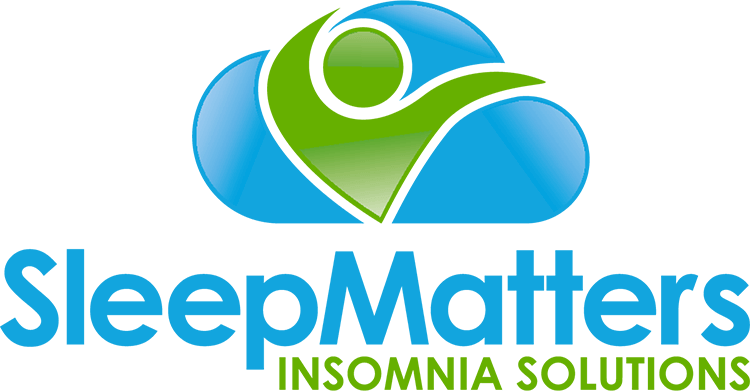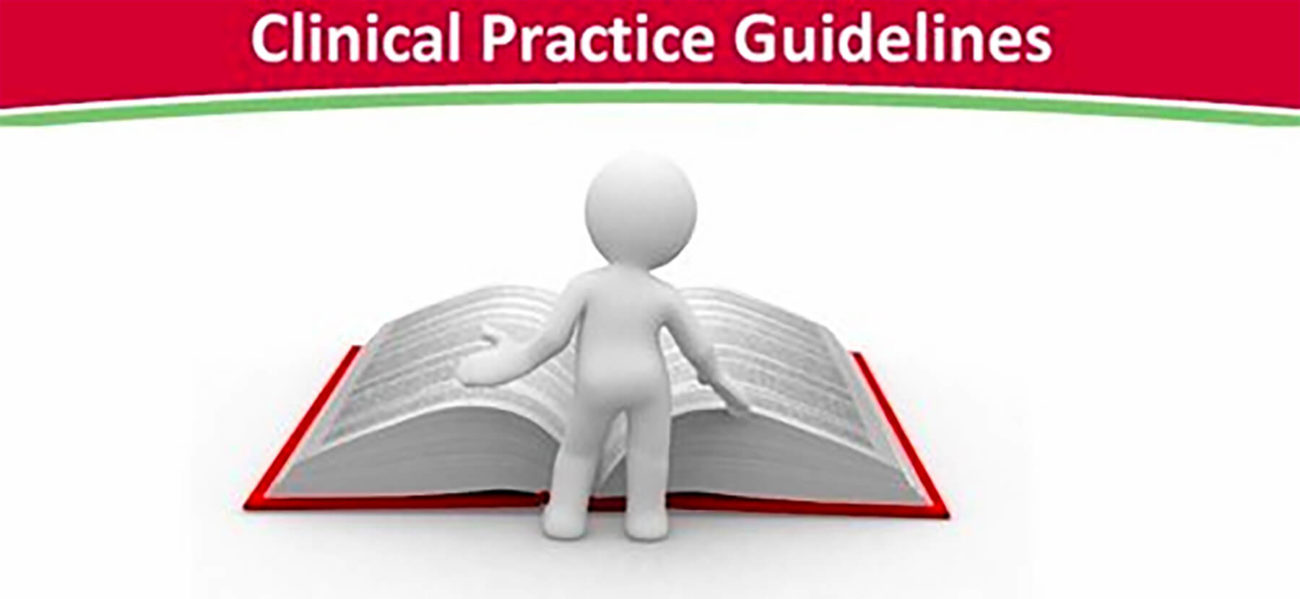New Australian Guidelines for Insomnia treatment have recently been published in the journal Sleep Medicine. Dr Melissa Ree, Dr David Cunnington and Moira Junge from the Australasian Sleep Association have authored the document which reviews recent clinical evidence and recommends that Cognitive Behaviour Therapy-Insomnia be offered as a first-line treatment for this common and often debilitating sleep disorder.
The Australasian Sleep Association is the peak scientific body in Australia & New Zealand representing clinicians and scientists who work in the area of Sleep. The vision of the ASA is to provide world standard research, education and training, and to establish clinical standards to ensure clinical best practice in sleep medicine resulting in an informed community with healthy sleep practices.
The paper’s Abstract
Insomnia disorder is a high prevalence condition with a high disease burden, which, left untreated, can increase risk of poorer health outcomes. Due to Insomnia’s tendency towards having a chronic course, long-term treatment approaches are required to reduce the impact of Insomnia over time. After reviewing the available literature, The Australasian Sleep Association (ASA) recommends Cognitive Behavior Therapy for Insomnia (CBT-I) as a first line treatment in the management of Insomnia. The ASA notes that in addition to CBT-I, there is emerging evidence for the use of Mindfulness Based Therapy for Insomnia when used in combination with behavioural techniques (MBT-I). CBT-I should be used whenever possible, and medications should be limited to the lowest necessary dose and shortest necessary duration. CBT-I, whilst the most effective long-term treatment, does not work for everybody across all circumstances, so there will be circumstances in which other treatments are required (e.g., pharmacotherapy). Improving access to CBT-I is an important issue which will involve raising awareness of the effectiveness of CBT-I, increasing the number of trained practitioners, and the development of effective low intensity treatments that can be offered in the first instance.
The recommendations in the Australian Guidelines concur with recent guidelines recently published in other countries such as the USA, who, in 2016 publised guidelines recommending that CBT-I be offered to all patients presenting with insomnia.
CBT for Insomnia is recommended because in the long term it is more effective than medications, because it is cost effective (often patients only need to be seen 4-5 times), and because it has low risk and minimal side-effects. Now that clinical research outcomes have translated into published clinical guidelines, we hope that more health care providers will prescribe CBT-Insomnia for their patients.
Sleep Matters is a team of health professionals in Subiaco and now O’Connor, with specific training and experience in helping people with Insomnia. For other posts on sleep, Insomnia and it’s treatment, have a look at other posts in our blog.

